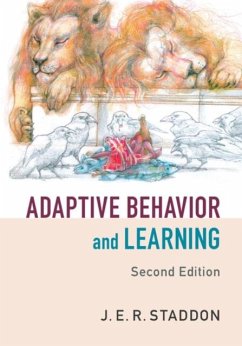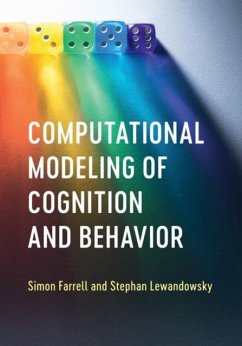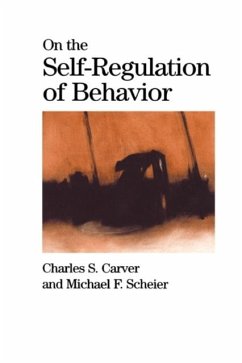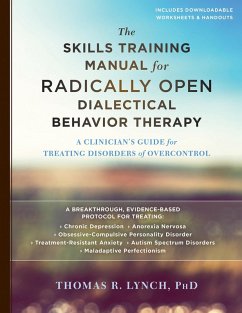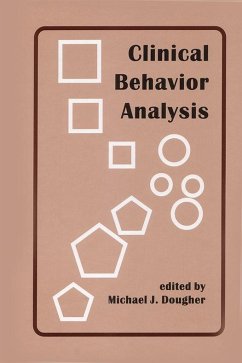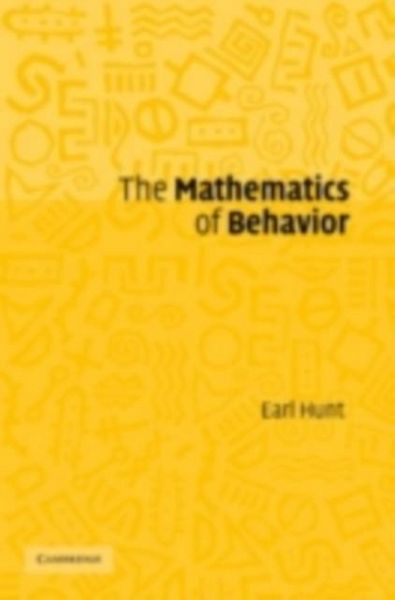
Mathematics of Behavior (eBook, PDF)
Versandkostenfrei!
Sofort per Download lieferbar
38,95 €
inkl. MwSt.
Weitere Ausgaben:

PAYBACK Punkte
19 °P sammeln!
Mathematical thinking provides a clear, crisp way of defining problems. Our whole technology is based on it. What is less appreciated is that mathematical thinking can also be applied to problems in the social and behavioral sciences. This book illustrates how mathematics can be used to understand human and animal behavior, using examples in psychology, sociology, economics, ecology, and even marriage counseling.
Dieser Download kann aus rechtlichen Gründen nur mit Rechnungsadresse in A, B, BG, CY, CZ, D, DK, EW, E, FIN, F, GR, HR, H, IRL, I, LT, L, LR, M, NL, PL, P, R, S, SLO, SK ausgeliefert werden.




